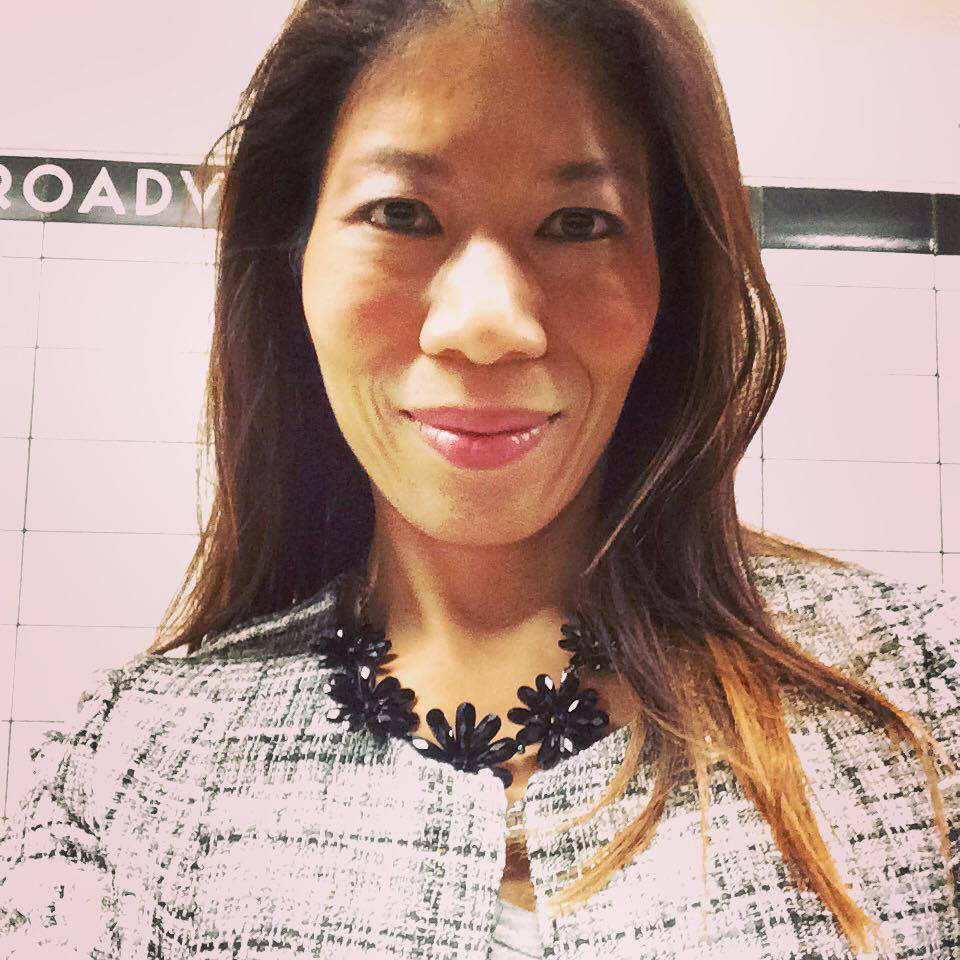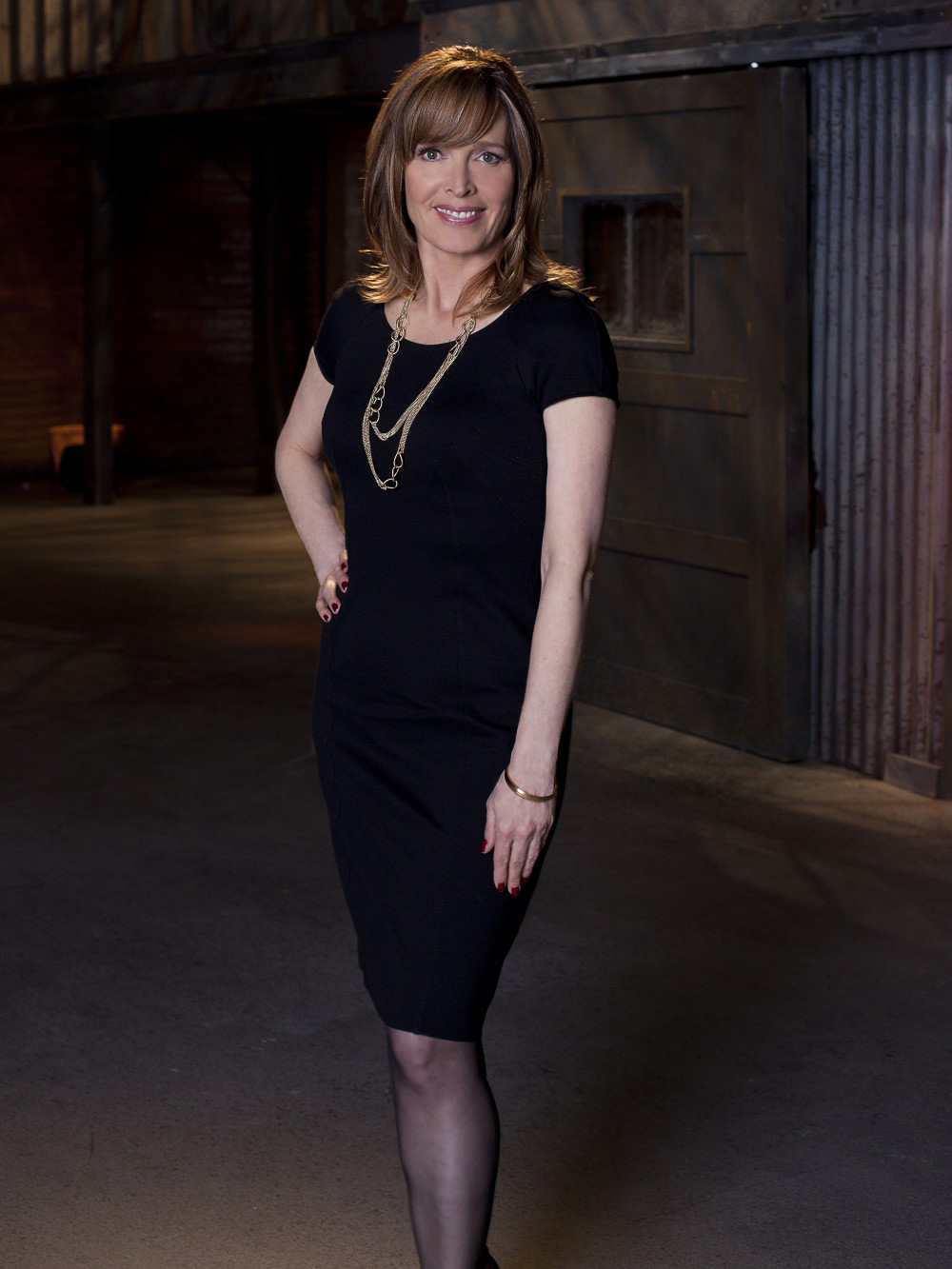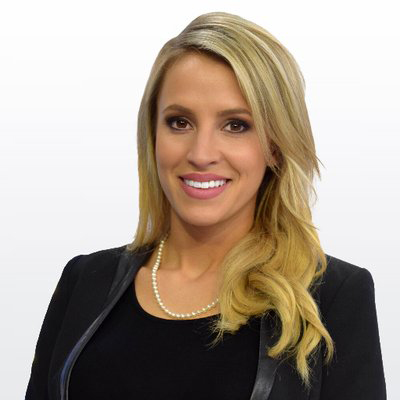Alumni spotlight: Finding success in business reporting
The School of Journalism has many alumni who have gone on to find success in their careers as business reporters and editors. We caught up with a few of them to learn more about their careers, the different paths they took and what drew them to the business reporting.
Sandra Martin is a class of 1992 graduate and is currently the editor-in-chief of MoneySense.
Before joining MoneySense, Martin was editor-in-chief at Canadian Living, then became group publisher, overseeing Elle Canada, Style at Home and The Hockey News as well. She has also worked with Today’s Parent and was editor-in-chief of a custom content magazine for Walmart Canada. Martin has also joined the board with the Society for Advancing Business Editing and Writing (SABEW), which promotes excellence in business journalism.
With the School of Journalism Martin taught JRN 842: Building the Brand, which teaches students how to create and develop their personal brands.
“It’s funny, with every sort of journalism gig I have, later in my career, I think back and say ‘Wow, this is really the culmination of a lot of my previous experience.’ So when I taught Building the Brand the first time, I kind of felt like [I was] so excited to teach this course because I can share my personal experience with all of the stuff we’re covering.’
Martin notes that her own experiences played a role in her interest in business reporting. She was taught by her parents about the importance of managing money and notes stories of watching her mother look for the best deals at the grocery store and taking advice from her father on purchasing a property.
“My parents were immigrants and I’m a first generation Canadian and it was very important to them that we understand how to be good with money and the value of a dollar.”
As to why reporting on personal finance is an area that many journalists don’t think of as a potential career path, Martin thinks that for some, it could be a lack of understanding in regards to what it’s all about. She notes the cliche ‘that journalists are bad at math’ often doesn’t hold up and that math isn’t necessarily the key to success in the area.
“I was never bad at math and I think that a lot of journalism students that I’ve met over the years are not bad at math and personal finance isn’t all about math,” said Martin. “It’s about understanding concepts.”
Martin also feels as though journalists don’t need to have a background in finance to be successful in the area.
“A good journalist, I think, can become a subject matter expert without having a degree in that [area]. Obviously it’s not going to be the same as having a degree but you can become a subject matter expert if you do your job well as a journalist.”
Tara Deschamps graduated from the School of Journalism in 2014 and is working with the Canadian Press as a business reporter. Her reporting currently focuses on real estate, tech and cannabis.
Before joining the Canadian Press, Deschamps also spent some time with the Toronto Star. It was there where she first turned her focus to business reporting. Deschamps and other interns were moved through different departments and when she got to the business department, she didn’t have any ideas to pitch.
“I was actually a little bit disappointed because I had previously been in the entertainment department and I had wanted to cover the closure of the Guvernment nightclub,” said Deschamps. “[My editor] said to me ‘Well this is actually something that could be a business story. Think of all the different clubs and venues that used to be super popular and that have closed and it’s a story of the changing face of entertainment.’ So it got me thinking of business in a completely different light and he really worked with me to sort of inject some of the things that I had enjoyed into business reporting and from then I noticed that I had tons of ideas in the area.”
As to why many student journalists don’t seem to start with their eye on business reporting, Deschamps said it could be the result of an intimidation around numbers. However, she notes that there’s much more to business reporting than just math.
“There’s definitely numbers in all of the stories that I cover but I think a lot of outlets in Canada try to pair some of that data with people’s anecdotes and experiences and stories.”
Some of the biggest moments of Deschamps’ career so far include breaking stories on the Toronto Real Estate Board’s data issues and covering the rise and fall of Deciem’s former CEO, the late Brandon Truaxe. She’s also had the chance to conduct interviews with the likes of Anita Hill, as well as CEOs of companies like Uber and Microsoft.
Despite the big names that she’s met with, however, Deschamps is still humbled and excited about speaking with others as well.
“I think getting to break big and interesting stories has been a cool part of my career but just as cool is talking to people who don’t make the headlines as much but have equally valuable things to say.”
Dianne Buckner wears two hats at CBC Television. She is a reporter for The National and the World at Six, and also hosts the popular program Dragons’ Den. Buckner worked as a keynote speaker at the National Speakers Bureau, hosted the business show Venture at CBC, as well as working on a number of CTV shows, including Live it Up!
With plenty of business reporting and entrepreneurial experience under her belt, Buckner chatted with the School of Journalism about her career and where it originally started.
“I had never considered business journalism at all. My first job in journalism out of Ryerson was working as a researcher on a daily TV show… I was booking the guests and preparing the research packages for people who were going to appear on the show. And it was very much general interest. You know, we were talking about health stories, interviewing authors and celebrities who were in town. just very general interest type of programming.
And then my first big network job was CTV, where I hosted a show called Live It Up, which, again, was not business journalism, it was more consumer journalism. But we also covered a wide range of stories. I hosted Canada AM at CTV for a summer. So again, just sort of general broadcast journalism. And then it was only when I got hired at Venture, which was 1991, that I started doing business journalism.”
Buckner feels that while business journalism gets brushed over from time to time, it’s a great path that journalism students could take to get into the industry.
“Well, in some ways, it's a good area, if you want to focus on that, because quite frankly, it's not an area that typically has a lot of interest for most journalism students...I remember years ago meeting a girl who worked at the Wall Street Journal, and she said she purposely chose that [business journalism] because she felt her career would progress more quickly like that, because there would be fewer journalists competing for those jobs, and that she would get ahead faster. And she did. She was editing a major magazine in like, no time, getting out of school. So I think that that actually is a strategic decision for somebody who wants to move forward quickly. That's an advantage. You know, there's fewer people interested and you can be outstanding in your field more quickly, and get opportunities more quickly.I think it's true if you do have a beat— if you do have a particular interest in something and a particular field of expertise...if you if you can bring some kind of specialized subject area knowledge, then that is a real advantage to journalists who are starting out.”
Buckner says that the biggest thing she’s learned since getting into business journalism is how many different aspects of life tie into the industry itself.
“I mean, obviously, it's given me some insight into what it takes to start a company and what it takes to run a company. And, you know, peripherally, I've had a lot of exposure to stories that are related to the stock market, and the global economy, and the Canadian economy and things like that. So things that I wouldn't really have had a lot of exposure to. I mean, we did have an economics course at Ryerson, but I can't say it was my favourite course. But I would say I learned a lot about a lot of different things. I certainly learned a lot about a lot of different industries, and what's involved in making a business work and, and making good products and having good relations with your staff. There are just so many different issues that tie into the world of business. It can be really super, super interesting.”
Vidya Kauri graduated from the School of Journalism in 2013 and is the assistant managing editor for Law360.
After freelancing for a few years after graduating, Kauri landed a position with Law360 in 2015 as a general assignment reporter, before becoming a senior reporter focused on tax policy a year later. In 2019, she became assistant managing editor with Law360, the position which she currently holds.
Despite her success as a tax policy reporter though, Kauri originally didn’t have her eye on business reporting and instead had a narrow view of what it was.
“I don’t think I really understood what business journalism was or what it entailed when I was a student,” said Kauri. “It was a sort of very nebulous thing that seemed relevant to only a certain section of the population only on Bay Street who all wear the same type of suits and it didn't seem very accessible to me at the time.”
Even upon joining Law360, Kauri was hoping to report environmental news. However, she says she’s grateful for the time she spent as a tax policy reporter as it was key in opening her eyes to how government policy affects people’s day-to-day lives.
“I think for anyone who really wants to understand the world that they live in and are interested in how policies affect their lives, even if it doesn't seem that way on the surface, business reporting is actually very, very illuminating in that respect,” said Kauri.
A standout moment from Kauri’s career was reporting on the Tax Cuts and Jobs Act, which was the first major legislation passed under the administration of former President Donald Trump. The bill was more than 500 pages and was the most extensive change to U.S. tax law in decades, according to Kauri.
“Having the opportunity to cover a significant event like that from start to finish also allowed me to hone my skills building relationships with sources and aggressively preparing for breaking news to beat the competition, even if that meant staying up past 1 a.m. when the Senate narrowly passed the bill,” said Kauri. “The work we do as journalists is thrilling and intellectually stimulating, but it sometimes requires working late and long hours which means you really have to enjoy your job.”
Paige Ellis is a business journalist with a niche for transportation news. She currently works as a reporter and videographer for BNN Bloomberg. Ellis jump-started her career when she left her full-time job to work as a freelancer for CTV Kitchener, before reaching out to Bloomberg in a similar fashion.
Looking back at her career, Ellis says there is one story that is a standout moment for her and her career.
“Bombardier has been my favorite story to tell. It has everything. It has sexy jets. It has taxpayer anger. It has investor anger and excitement and Québec loyalty and it's so rich. And so I really dove into that story headfirst, right when I started at BNN Bloomberg, it was kind of by accident that I was assigned to that story, but I ran with it. I became the resident expert on Bombardier. Because of that, I cultivated a really good relationship with Bombardier where they would give me access to stories or news, to the CEO— they would give me access that they weren't giving other people. So I recall when they signed a big deal with Delta Airlines...I was the only person who was given access to both the Delta CEO and Bombardier CEO, and I did these live interviews. It was exhilarating and intimidating. It was such a thrill to be able to access these people and get news right from them, as a young woman who had at the time relatively little experience. I felt like it was such a feather in my cap to know that of all the seasoned reporters that were at this major event, they gave me access to both CEOs, and live to boot, which is a big ask. CEOs don't like doing live interviews as a general rule. So I was pretty proud of that moment.”
Ellis says her favourite thing about business journalism is being able to translate it for those who aren’t well-versed in the business sectors.
"I guess I love how business news has a little bit of something for everyone. In a business story, our audience ranges from retail investors, to sophisticated professional investors, to CEOs. You need to be mindful of all of that, and that’s really fun. Because you can take a story, and every business story has an application to your entire audience. That's really exciting for me, and it's obviously a challenge...People aren’t always super tapped into business news. But when there's something macro that goes on, everybody has an opinion, everybody wants to know. There are some very complex concepts in the world of finance and in every industry and to try to disseminate that information in a way that is understandable to everyone from the retail investor, to the CEO who eats, drinks and sleeps this subject, that's a lot of fun. And what I also like about business news, is you get access to people that you wouldn't get access to in your regular life. You can get to talk to the major decision makers, the people who are shaping our economy. That's a thrill. What a privilege. I like talking to these people and then holding their feet to the fire. Not every journalist gets to do that.”
For journalism students joining the industry, Ellis says not to underestimate the importance of building your way up.
“There are generally two paths. We talk about this a lot at BNN Bloomberg, there are two types of business journalists. The one is the journalist who acquires business knowledge, not knowledge of a specific industry, or of capital markets of whatever. And then they present the news, that's me. There are other people who are business people who worked on the trading floor. And then they decided to become a journalist and apply that knowledge another way. You're going to have to get your certifications, you're going to have to build that knowledge, you can't come into the industry without having a base understanding of how the markets work. At the outset, you’ve got to tell people what you want, and then you have to hustle and prove that you're worth taking a risk on. At our station, typically people start as broadcast associates or they help with the stock ticker. They roll the prompter. That sounds like really silly work, like the office gofer. It's not..That's a real path at our network, so don't dismiss the grunt work. Because there's value to it but like I said, you also want to be very clear about where you want to go with that, with the skills that you're acquiring.”




